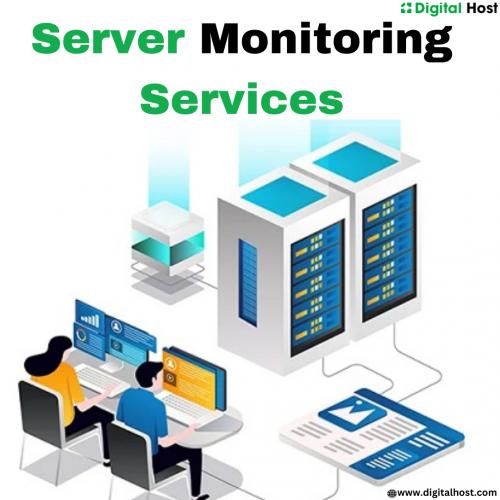When Is the Right Time to Upgrade to Cloud Hosting for Your Business?

In today's digital landscape, businesses are constantly seeking ways to enhance their efficiency, scalability, and overall performance. One significant shift that many companies consider is migrating their hosting infrastructure to the cloud. However, determining the opportune moment to make this transition is crucial for ensuring a smooth and successful integration. In this article, we'll explore the factors to consider when evaluating the right time to upgrade to cloud hosting for your business.
Understanding Cloud Hosting
Before delving into the timing of a transition, let's grasp the concept of cloud hosting. Unlike traditional hosting methods where data and applications are stored on physical servers, cloud web hosting utilizes virtual servers that are accessed and managed remotely via the internet. This model offers numerous benefits, including flexibility, scalability, and cost-efficiency.

Assessing Current Hosting Infrastructure
The first step in determining the right time to upgrade to cloud hosting is evaluating your existing infrastructure. Consider factors such as server performance, reliability, and resource utilization. If your current setup is struggling to meet the demands of your business or experiencing frequent downtime, it may be a sign that a transition to the cloud is warranted.
Scalability Needs
Scalability is a critical aspect of modern business operations. As your business grows, so do your computing requirements. Best cloud web hosting providers offer unmatched scalability, enabling you to effortlessly adapt resources according to changing demands. If your current hosting solution cannot scale seamlessly, it may be time to consider migrating to the cloud.
Cost Analysis
While cost should never be the sole determining factor, it is an essential consideration when contemplating a move to cloud hosting. Traditional hosting models often involve significant upfront investments in hardware and infrastructure. On the other hand, it functions under a pay-as-you-go system, wherein you solely incur charges for the resources you utilize. Conduct a thorough cost analysis to determine whether the potential savings outweigh the migration expenses.
Security and Compliance
Data security and regulatory compliance are paramount concerns for businesses in every industry. Cloud web hosting providers invest heavily in state-of-the-art security measures and compliance certifications to ensure the protection of sensitive information. If your current hosting solution lacks robust security features or fails to meet industry-specific compliance requirements, migrating to the cloud can offer peace of mind and mitigate potential risks.
Performance and Reliability
Performance and reliability are non-negotiables when it comes to hosting infrastructure. Cloud web hosting services leverage redundant server architecture and distributed data centers to ensure maximum uptime and minimal latency. If your business relies on consistent performance and uptime guarantees, transitioning to the cloud can provide a more reliable hosting environment.
Technology Evolution
The realm of technology is always changing, with fresh innovations emerging swiftly. It harnesses the latest innovations in virtualization, automation, and data management, providing businesses with access to cutting-edge technology without the need for significant upfront investments. If your current hosting solution is lagging in terms of technology capabilities, migrating to the cloud can future-proof your infrastructure and keep your business competitive.
Business Growth Trajectory
Consider your business's growth trajectory when evaluating the right time to upgrade to cloud hosting. If you anticipate significant expansion or diversification shortly, transitioning to the cloud can provide the scalability and flexibility needed to support your growth initiatives. By aligning your hosting infrastructure with your long-term business objectives, you can position your company for success in a dynamic market environment.
Planning and Execution
Once you've assessed the aforementioned factors and determined that a transition to cloud hosting is indeed the right move for your business, careful planning and execution are essential. Develop a comprehensive migration strategy that outlines the steps involved, including data transfer, application compatibility testing, and post-migration optimization. Collaborate closely with your chosen cloud hosting provider to ensure a seamless transition with minimal disruption to your operations.
In conclusion, the decision to upgrade to the best cloud hosting is a significant one that should not be taken lightly. By carefully evaluating factors such as current infrastructure, scalability needs, cost considerations, security requirements, and business growth trajectory, you can determine the ideal moment to make the transition. When the time is right, Digital Host stands ready to assist you in seamlessly migrating your hosting infrastructure to the cloud, empowering your business with enhanced agility, efficiency, and competitiveness.



Comments